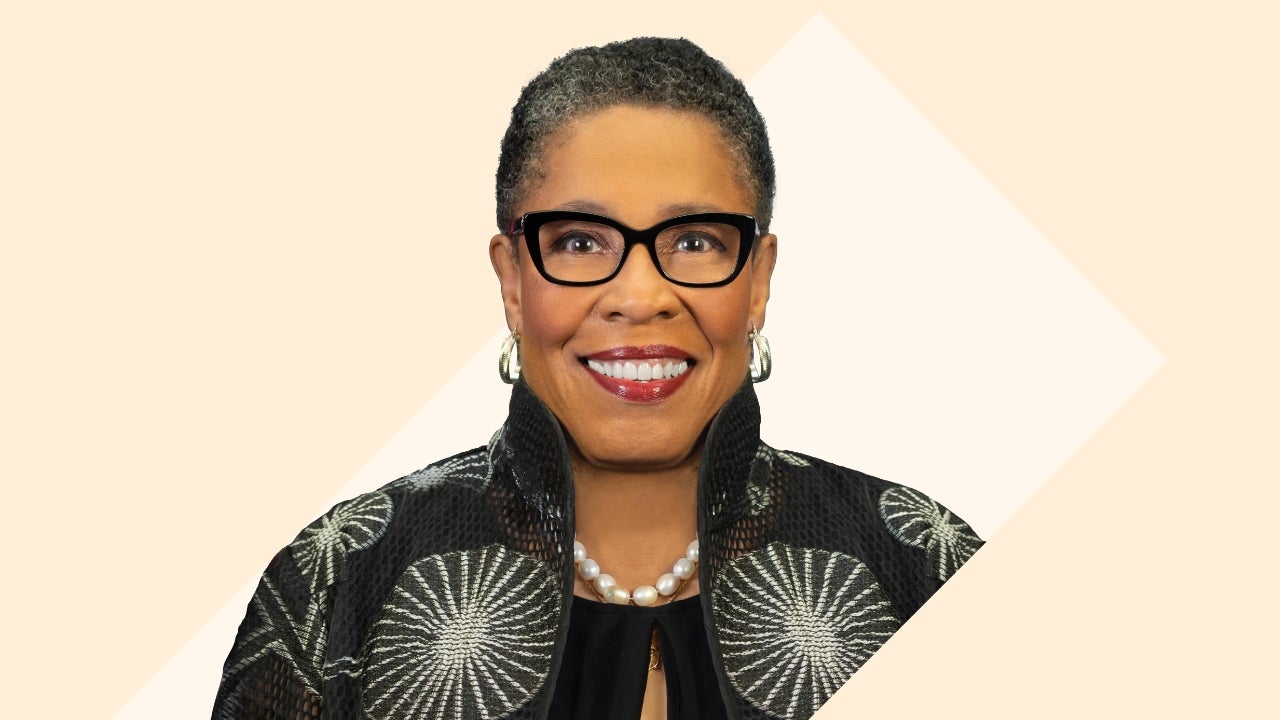What can the U.S. learn from the health systems of other countries?

December 19, 2019 – Amidst ongoing debate in the U.S. about what type of health system would be best for the nation, Harvard T.H. Chan School of Public Health’s Ashish Jha plans to spend half a year visiting eight other high-income countries to learn from patients and doctors what works—and what doesn’t—in their health systems.
The goal of the project, called Choices in Health, is to gather information that could help encourage deeper dialogue in the U.S. about the tough choices that changing the health system will likely require, said Jha, K.T. Li Professor of Global Health at Harvard T.H. Chan School of Public Health and director of the Harvard Global Health Institute (HGHI).
Jha noted that the U.S. spends almost 20% of its economy on health care, one out of ten Americans doesn’t have health coverage, and quality of care is far from optimal. Given these issues, policymakers sometimes suggest that the U.S. should consider setting up its health system more like that of other high-income countries. Those countries, some say, seem able to deliver high-quality care to their populations at prices that are affordable.
But Jha said that the reality is more nuanced.
“Sometimes it seems the sense here in the U.S. is that all the other high-income countries have figured out how to run their health systems without any tradeoffs. We know that they cover everyone for less money,” he said. “But when you talk to people from those countries, you learn that they’re struggling, too. They just have a different set of challenges.”
‘Deep dive’
Data suggests that other high-income countries control costs by making difficult choices, such as by paying doctors and nurses less or limiting access to some expensive services or treatments. To learn how these choices play out in people’s lives, the HGHI team will do what Jha calls a ‘deep dive’ into the health systems of eight countries—Canada, Denmark, France, Germany, the Netherlands, Singapore, Switzerland, and the United Kingdom—which represent a mix of systems. Some are primarily government-run, some have large roles for private insurance, and some include a large component of market-based approaches.
While the team will talk with health experts and policymakers as well, their primary focus will be speaking to front-line doctors, nurses, and patients about their experiences. They’ll try to learn what health care is really like in these countries, and what challenges the systems face.
“We have lots and lots of data that tells us about the performance of the health system in each of these countries,” said Jha. “But beyond the numbers, we need the stories.”
He wants to know, for example, “What’s it like to have cystic fibrosis in a single-payer system like the United Kingdom, compared to a country like the Netherlands, which has a big role for private health insurance? What’s it like to have heart failure in Germany versus having heart failure in the United States?” For each country, Jha says the team will ask questions such as whether patients face the kinds of limits to access that are often ascribed to those systems. They will probe what kinds of procedures, tests, or expensive therapies are hard to get and how those systems manage these challenges. Jha plans to pay particular attention to the role that social services play in each country to help keep people healthy. And he and his colleagues will engage with patients to assess how often they feel treated with dignity and respect in their interactions with the health system.
Jha is particularly interested in how different health systems handle patients with substantial health care needs, such as older patients dealing with multiple chronic diseases. “These patients are common in all these health systems, and they represent the most common reasons people get hospitalized,” Jha said. “They need a variety of different services, such as acute hospital care, specialists, primary care, and social services, and they need care over time. I want to see what works for these patients and what doesn’t.”
Jha and his colleagues plan to speak with health care providers both in major academic medical centers and in community hospitals and clinics, and with patients from all walks of life—from varying socioeconomic backgrounds, a wide range of professions, and from urban and rural areas.
The Choices in Health team will share information about the project through blogs, podcasts, videos, articles in medical journals, public talks, and social media.
Jha hopes the information gathered during the project will help generate more thoughtful conversation about health care in the U.S. by making clearer what sort of tradeoffs may be necessary to provide quality health care for all at reasonable costs.
“For example, maybe our government will decide that there are certain expensive therapies that will not be covered by Medicare and will have to be paid for out of pocket,” he said. “That means the poor won’t get those therapies, but the rich will. Is that a choice we want to make? I don’t know—but we should have an open and honest conversation about it.”
photo courtesy Ashish Jha


